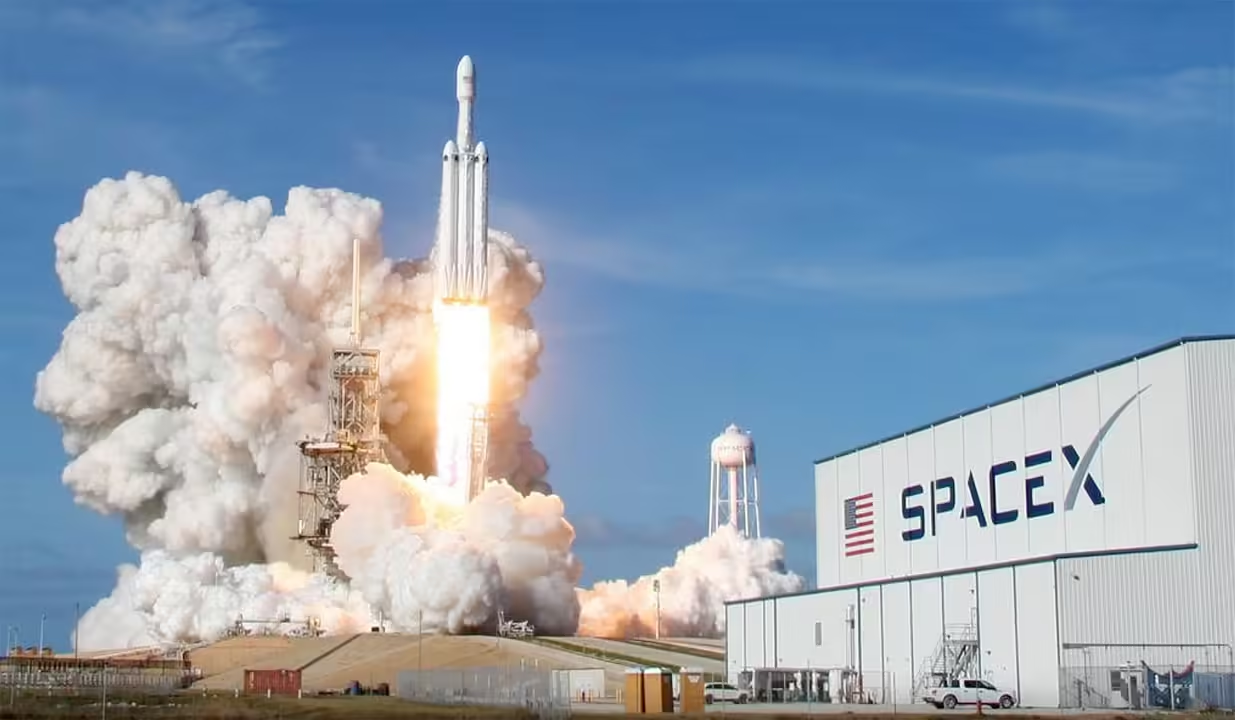SpaceX’s Falcon 9 rocket has been authorized to resume spaceflights by the U.S. Federal Aviation Administration (FAA), following a rare mid-flight failure that occurred on July 11. The FAA confirmed on Thursday that the anomaly did not pose any public safety issues, allowing the rocket to return to operations while the broader investigation continues.
SpaceX announced via X that it is prepared to resume flights as early as Saturday, July 27.
The Falcon 9, known as the world’s most frequently used rocket, was grounded after a July 11 launch ended in failure, resulting in the loss of its payload of Starlink satellites. This incident marked the first failure of Falcon 9 in over seven years, a significant setback for the rocket that plays a critical role in the global space industry.
The cause of the failure was traced to a liquid oxygen leak, which led to excessive cooling of an engine component and subsequent damage to the hardware. SpaceX identified a crack in a pressure sensor line as the root cause of the leak. The company plans to remove the faulty sensor and sense line from the second stage engine for upcoming launches.
Falcon 9 is also the sole U.S. rocket capable of ferrying NASA crews to the International Space Station. NASA is anticipating its next astronaut mission in August, with the Crew Dragon capsule set to launch atop the Falcon 9 rocket.



